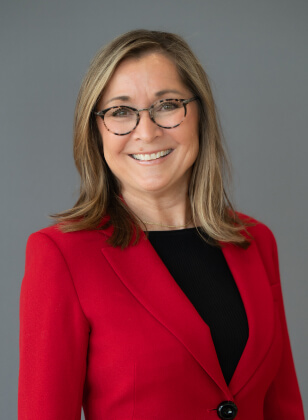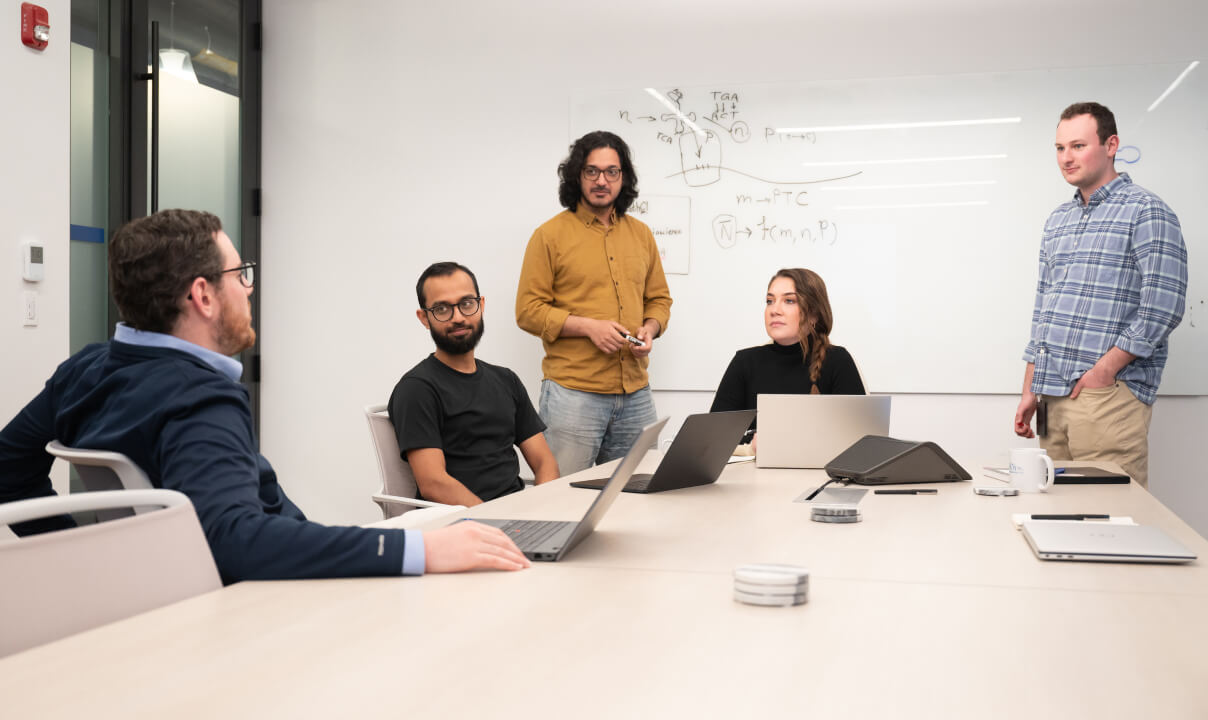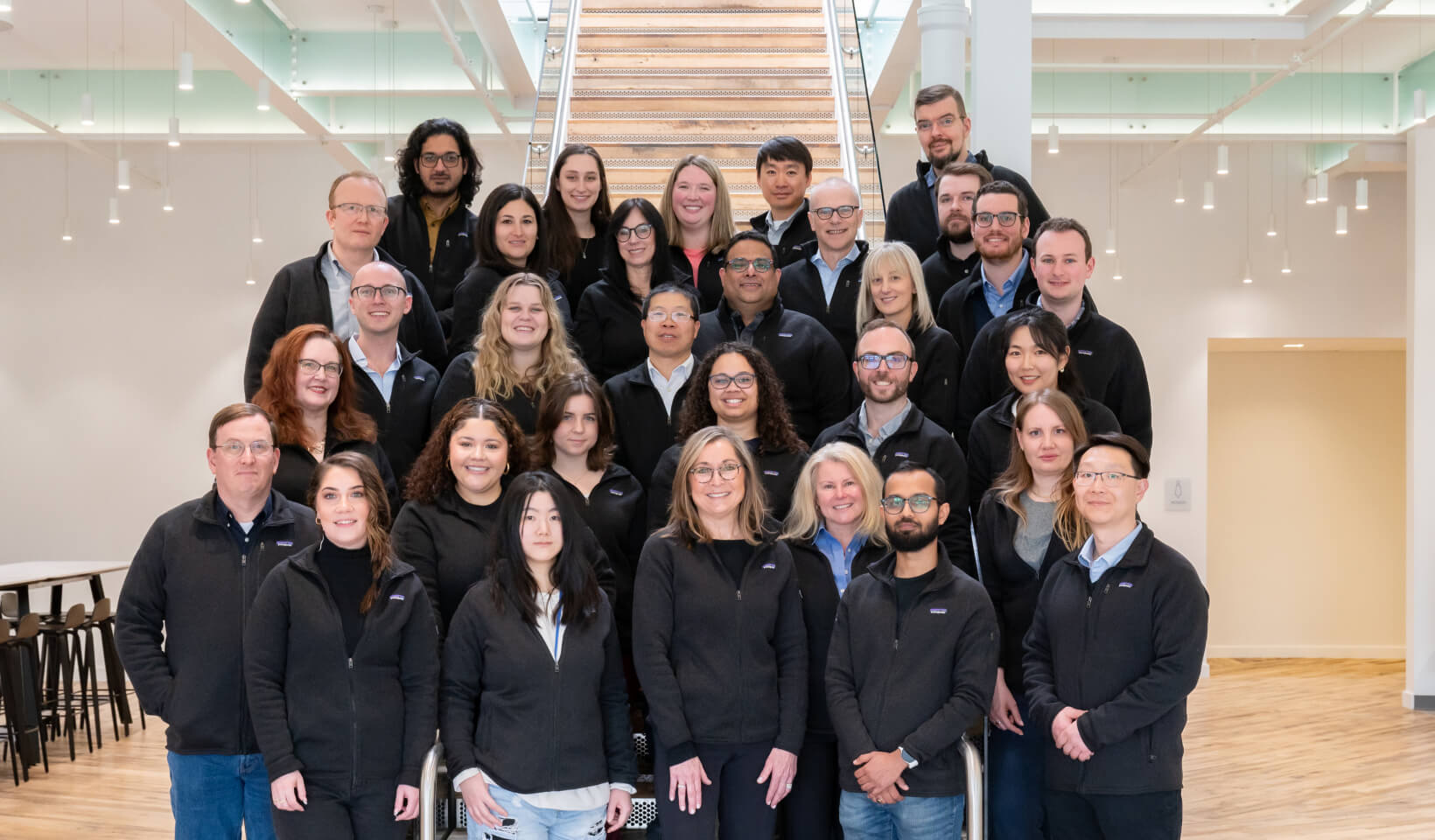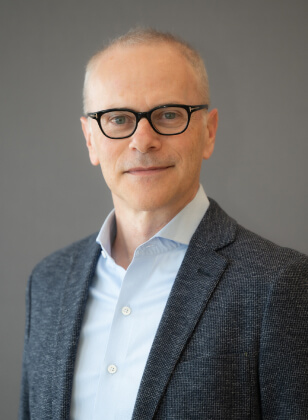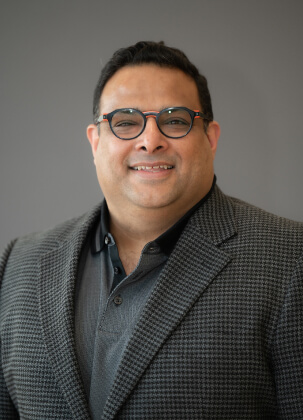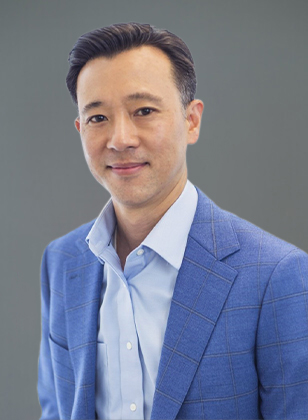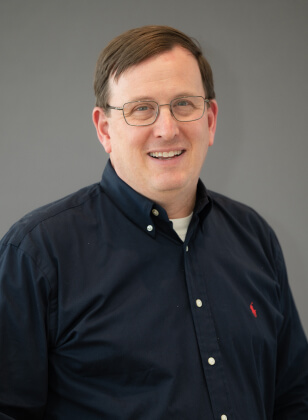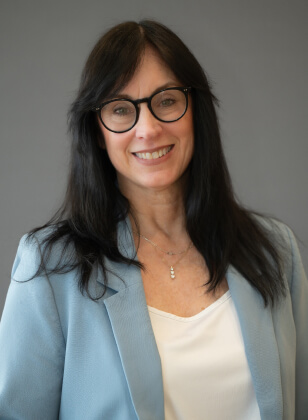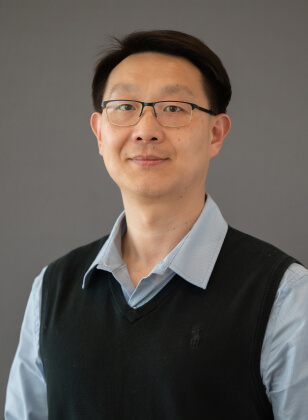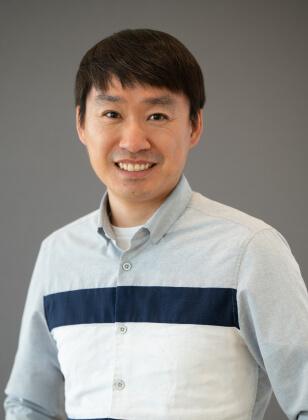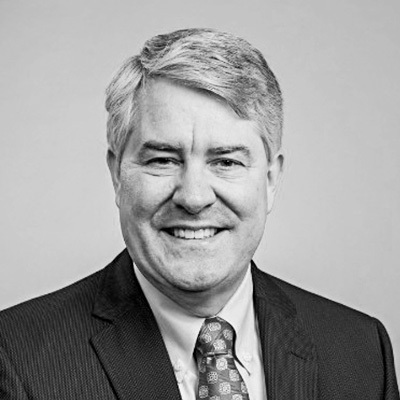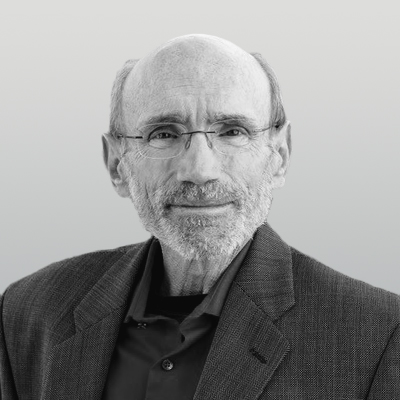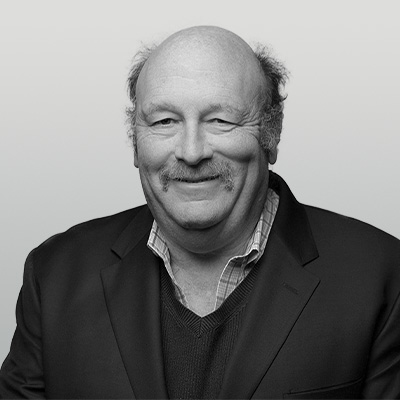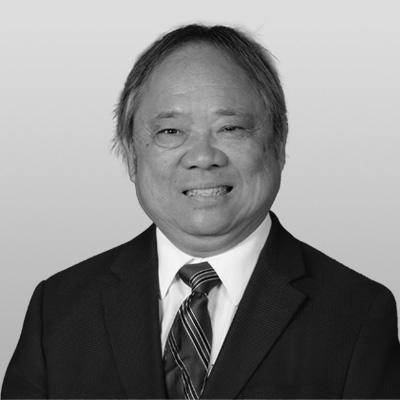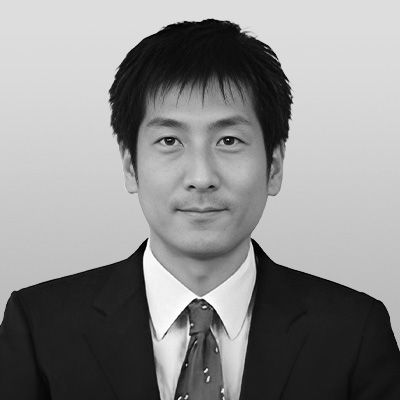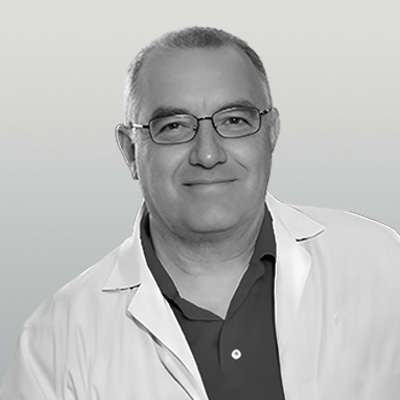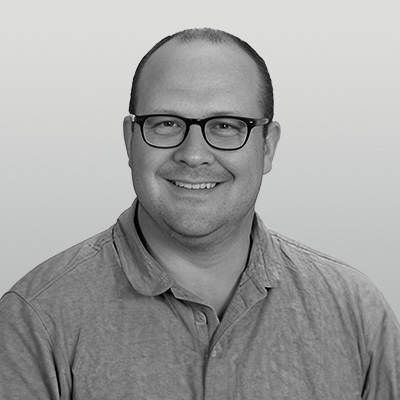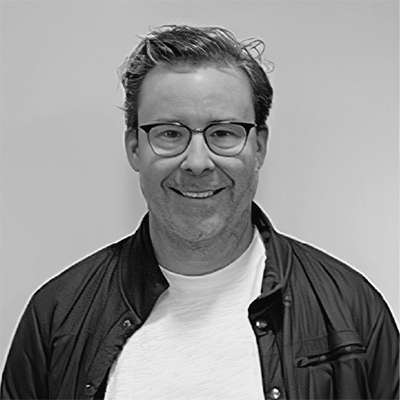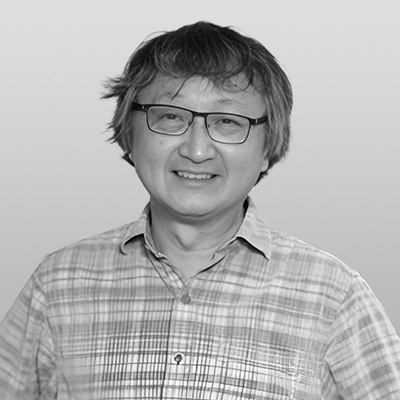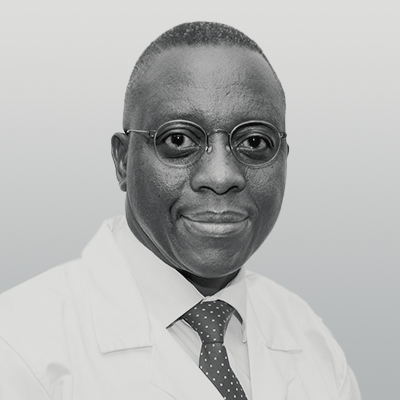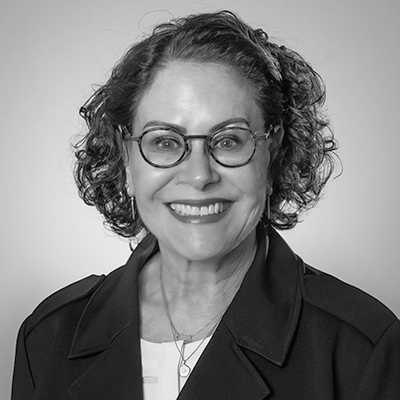Leslie J. Williams is an astute biopharmaceutical industry veteran. As a serial entrepreneur, an experienced biotech CEO, and member of several boards of directors, she has proven expertise in building companies, raising funds, and negotiating strategic collaborations.
Most recently, Leslie was the Founder, Director, President, and CEO of ImmusanT, a biotech company developing antigen specific immunotherapies for autoimmune disease. Prior to ImmusanT, Leslie worked at Ventaira Pharmaceuticals, a pharmaceutical company that developed pulmonary drug technology enabling more efficient delivery of medication to and through the lungs, where she rose from Head of Business Development to CEO within a year. Before Ventaira, she was a founding member of the team at INO Therapeutics, developing a treatment for pulmonary hypertension. Leslie has additional pharmaceutical experience at Merck and GSK, and drug-delivery, monitoring experience at Datex-Ohmeda, and was a Venture Partner at Battelle Ventures.
Leslie currently serves on the Board of Directors for Ocular Therapeutix (Nasdaq: OCUL), Windtree Therapeutics (Nasdaq: WINT), Biotechnology Innovation Organization (BIO), and CSCRI (Coral Sea Clinical Research Institute) as well as the Board of Advisors of Life Science Cares and the Editorial Advisory Board of Life Science Leader. She is also a founding Ambassador of BioBoost and a mentor at the GLG Institute.
Leslie holds a Master of Business Administration from Washington University, John Olin School of Business, where she initiated, built, and sold her first technology to Hewlett Packard. Before entering the biopharmaceutical industry, Leslie was a critical care nurse at Duke University, Medical College of Virginia, and the University of Iowa. She graduated with a bachelor’s degree in biology and nursing from the University of Iowa and was recognized by the Distinguished Alumni Award in 2015. Leslie also served on the College of Pharmacy Board at the University of Iowa, which presented her with an Honorary Alumni Award in 2019.
